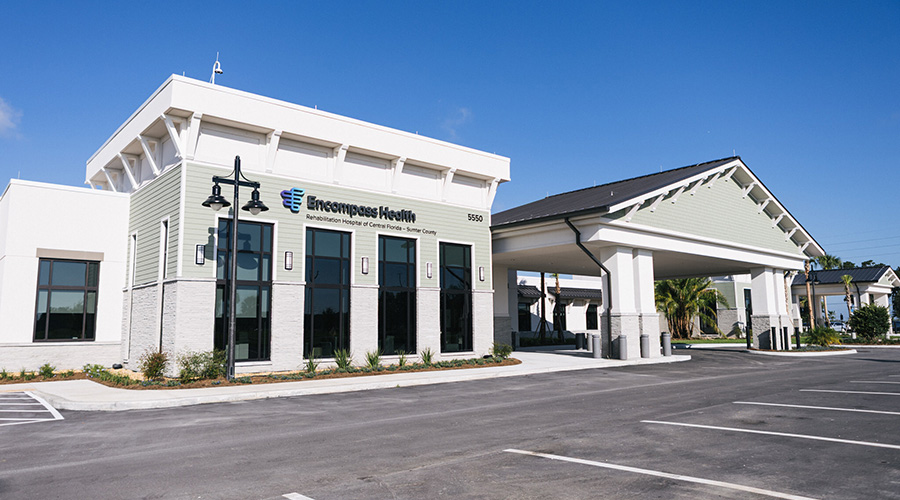The Great Resignation is becoming a major concern for every industry. A growing number of healthcare workers already have given notice to their employers, citing low salaries, stress, and lack of flexibility in their workplaces. Because of the changes, staffing shortages are being felt across the country.
More than 22 million people are employed in healthcare and social services, the nation’s largest employment sector, the U.S. Census Bureau reports. Not only has the Great Resignation made it harder for employers to retain workers. They also are struggling to recruit new workers, often resorting to hiring temporary staff to fill open positions.
To improve workplace communication and operations, hospitals and other healthcare facilities have begun regularly seeking employee feedback. This approach allows employers to create better benefit programs that appeal to employees.
For example, Infinite Health Collaborative and Revo Health have decreased medical plans by 12 percent since 2018. Despite the decrease, access to quality care options has increased, and enrollment in the different plans also has increased.
Healthcare workers remain in the field as they focus on retirement goals. A retirement study by Allspring Global Investments found that only 23 percent of workers expect their retirement to last more than 20 years, indicating fewer workers have pensions to count on for income stability. Meanwhile, 72 percent of respondents reported not knowing what to do for their retirement if Social Security is not available.
“The ways in which retirement has evolved has shined a light on the need for better retirement income options, including guaranteed and non-guaranteed retirement income solutions,” says Nate Miles, head of retirement with Allspring. “Even with a long-term view to retirement, the difficulties and uncertainties of the past year were enough to shake the most committed savers, and while most workers feel satisfied with their financial life, many are struggling.”
As the pandemic continues, workers’ views on retirement have shifted. According to the survey, three in ten workers in all industries would rather quit their jobs than go back to the office again, while 28 percent of workers have either relocated or plan to relocate in the next 24 months due to a combination of factors, such as lower costs of living, a different lifestyle, and lower housing costs.
Mackenna Moralez is assistant editor with Healthcare Facilities Today.

 Streamlined Integrated Project Delivery Tackles Design Challenges
Streamlined Integrated Project Delivery Tackles Design Challenges Encompass Health Rehabilitation Hospital of Central Florida - Sumter County Opens
Encompass Health Rehabilitation Hospital of Central Florida - Sumter County Opens Rudolph and Sletten Awarded $960M for New UCSF Benioff Children's Hospital
Rudolph and Sletten Awarded $960M for New UCSF Benioff Children's Hospital How Designers Create Welcoming Senior Care Communities
How Designers Create Welcoming Senior Care Communities Data-Driven Decisions: How Analytics Are Shaping Healthcare Facility Planning
Data-Driven Decisions: How Analytics Are Shaping Healthcare Facility Planning